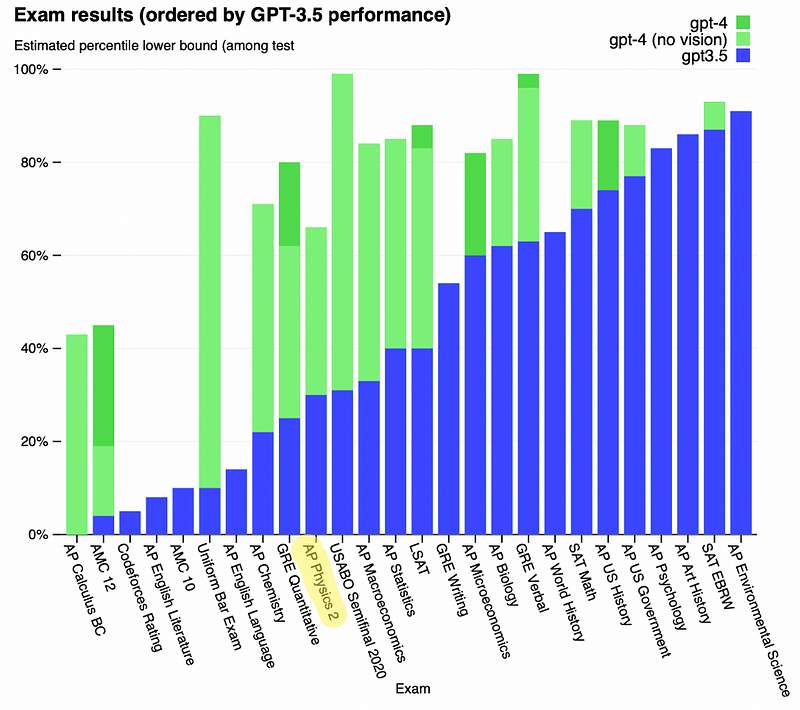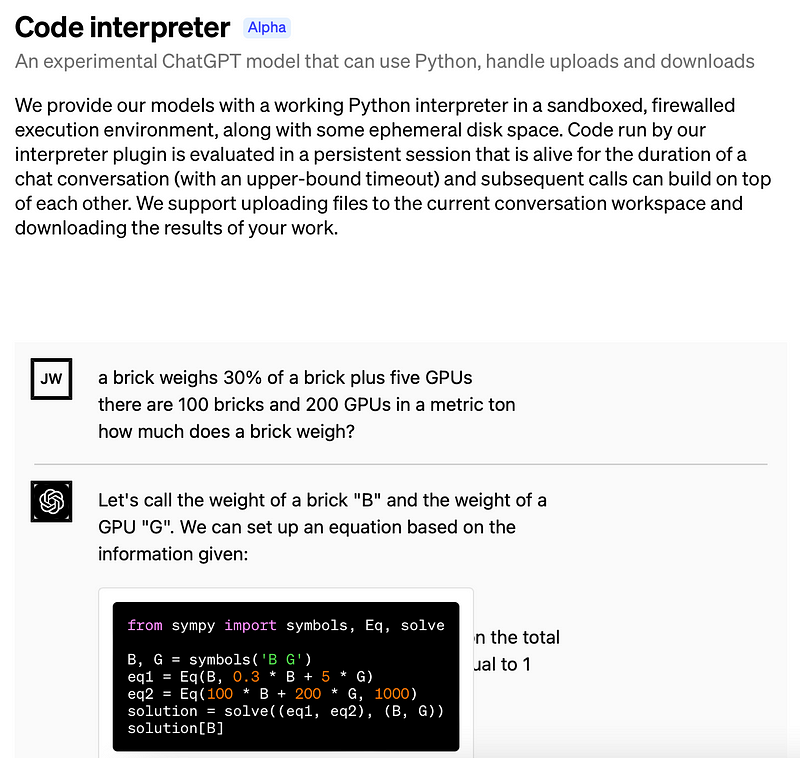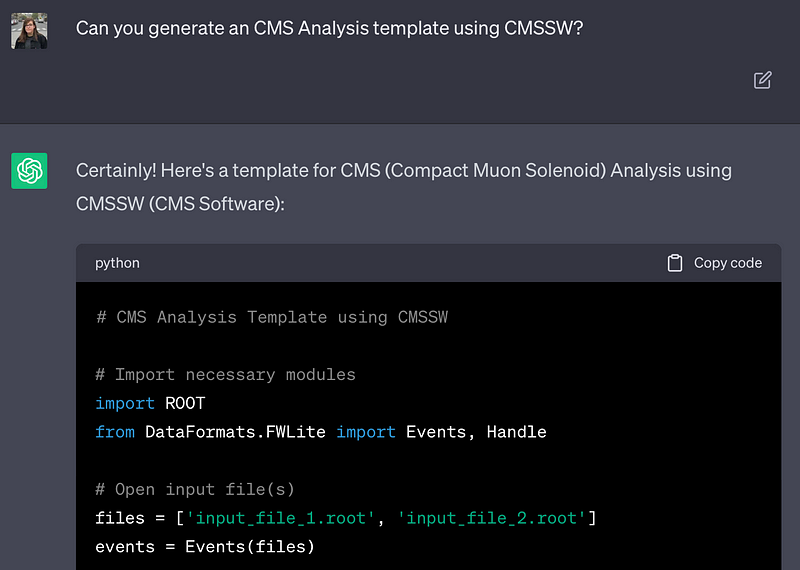Innovative Uses of ChatGPT in High Energy Physics Research
Written on
Introduction to ChatGPT in High Energy Physics
In the previous month, a significant event for the High Energy Physics (HEP) sector, known as CHEP 2023, was held. CHEP stands for Computing in High Energy Physics and Nuclear Physics. As a Computer Engineer affiliated with CERN, I found this conference essential for gauging the latest technological trends in our industry. Surprisingly, amidst my expectations, I encountered discussions centered on ChatGPT—an area I hadn't anticipated.
The insights shared during these talks were captivating, prompting me to summarize the key takeaways. ChatGPT is not just transforming routine tasks; it's also influencing major research disciplines like HEP.
Understanding HEP and CHEP
The High Energy Physics community consists of a global network of scientists, engineers, technicians, and institutions committed to investigating the fundamental components of matter and the forces that govern their interactions.
CHEP serves as a biennial platform for discussions about computing, software, and data management in HEP and Nuclear Physics.

The conference has a long history, originating in 1985, and continues to be instrumental in promoting advancements in computing and data management. It fosters collaboration and the exploration of new computing methodologies, making its discussions particularly relevant for identifying emerging trends.
Can ChatGPT Contribute to Scientific Research?
The first plenary session on ChatGPT was led by David Dean from Jefferson Lab, titled "Evolution and Revolutions in Computing: Science at the Frontier." David provided an extensive overview of recent advancements in computing, including the role of ChatGPT.
He posed a critical question: Can ChatGPT perform physics? His conclusion was that while ChatGPT is an impressive tool capable of passing physics examinations, it faces significant challenges—most notably, the issue of Model Hallucinations.

Understanding Model Hallucinations
Despite its ability to generate human-like responses, ChatGPT can sometimes fabricate information, leading to inaccuracies—referred to as hallucinations. The concern arises not merely from the incorrect answers but from their presentation in a seemingly credible manner, which could mislead users into over-relying on the model.
To effectively utilize ChatGPT as a reliable tool in research, it is essential to address these hallucinations. The current model tends to respond to inquiries even when it lacks sufficient information about the topic, which could undermine its application in precise fields like HEP.
ChatGPT as a Coding Assistant in HEP
The second session featuring ChatGPT, presented by Kyle Crammer from the University of Wisconsin-Madison, offered a more optimistic perspective on its integration into HEP. Kyle referenced another talk by Christian Weber from Brookhaven National Laboratory that showcased practical examples of ChatGPT as a coding assistant, particularly for adapting and migrating code.

In HEP, each experiment has its own coding conventions, and ChatGPT can be fine-tuned to write analysis code that adheres to these templates. I tested this by generating a template for my work on the CMS Experiment at CERN, and ChatGPT produced a solid initial framework. This tool’s potential increases significantly when customized with relevant experimental data.

According to the presentations, while the generated analysis might not always be perfect, it provides a foundational structure, facilitating quicker onboarding for new team members and speeding up prototype development.
Conclusion
There’s no denying that Large Language Models (LLMs) like ChatGPT are revolutionizing our approach to information retrieval, application development, and coding practices. Evaluating the effectiveness of these tools is crucial for maximizing their advantages within our fields.
These two plenary sessions exemplify the ongoing assessment process within the HEP research community. While some may hesitate to adopt ChatGPT as a research aid, others may find value in its application within specific contexts. It is essential to embrace AI advancements, optimizing their use while remaining vigilant about their limitations.
Thank you for reading! Do you have any thoughts on additional applications for ChatGPT in research? Feel free to reach out with your insights!
The first video titled "ChatGPT does Physics - Sixty Symbols" explores the capabilities of ChatGPT in solving physics problems, providing insights into its practical applications in academic settings.
The second video, "Can ChatGPT Solve PhD-level Physics Textbook Problems?" discusses the potential of ChatGPT in tackling advanced physics challenges, showcasing its utility in higher education.